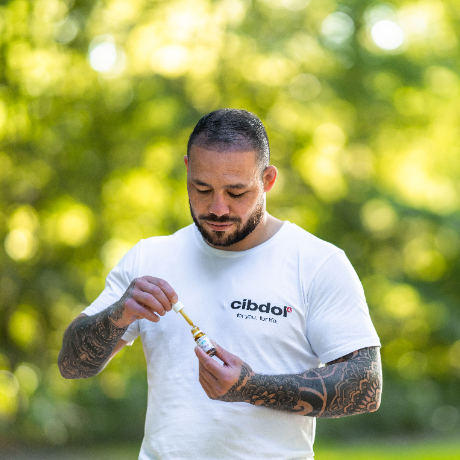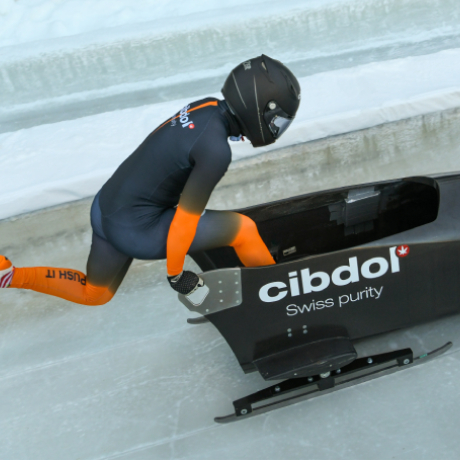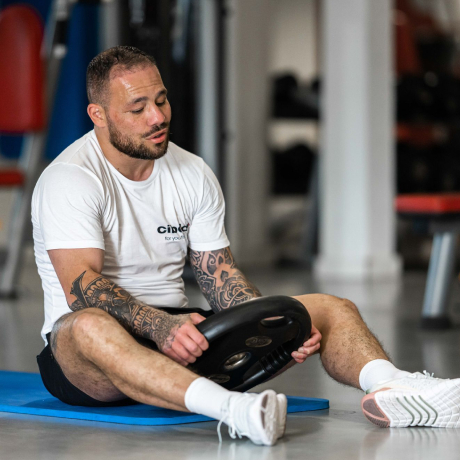
Latest news | Page 1
-
Karlien Sleper Is Ready for the Winter Olympics
October 21st, 2025
With the Winter Olympics around the corner, this is the moment Karlien has been waiting for—a head-to-head battle with the world's best monobob athletes. While there was never any doubt in her mind she would reach this point, the journey took several twists and turns. Keep reading to find out how Karlien's preparing for the biggest moment of her sporting career.
-
Karlien Sleper's Journey to the 2022 Winter Olympics
November 30th, 2021
Karlien Sleper is building toward the biggest competition of her life—the coveted 2022 Winter Olympics in Beijing. Keep reading to find out about Sleper's journey to monobob glory and the challenges ahead.
-
The Rebuild Starts Now With Robin van Roosmalen
October 18th, 2021
After a devastating car accident at the beginning of 2021, Robin van Roosmalen is on the road to recovery. It hasn't been easy, but Robin knows better than many how to get back up after taking a hit. We sat down with the kickboxing champion to see what the future holds.
-
Cibdol Athlete Kick de Heer Wins Eat Play Love
October 12th, 2021
Cibdol's very own sponsored athlete, Kick de Heer, takes home first place at the Eat Play Love competition. To find out what went through the wakeboarder's mind on the day, and what winning the first major championship of the season means to him, keep reading.
-
Wakeboarder Kick de Heer Reaches New Heights With Cibdol Sponsorship
March 4th, 2021
Cibdol is partnering with the young, ambitious, and highly talented wakeboarding virtuoso Kick de Heer. The fifteen-year-old is already a big player in the Dutch wakeboarding scene, and we’re delighted to welcome Kick as our fourth sponsored athlete.
-
Will Karlien Sleper Be Cibdol's First Olympic Athlete?
January 11th, 2021
Keep reading to find out what monobob star Karlien Sleper has to say about her journey to the 2022 Olympic Winter games, and how Cibdol CBD and monobob make the perfect partnership.
-
Robin van Roosmalen, Cibdol, and Taking on New Challenges
December 14th, 2020
Cibdol continues to add more top-flight athletes to its roster, and few are more deserving than Robin van Roosmalen. A kickboxing-turned-martial-arts star with global appeal, Robin isn't one to shy away from a challenge. Keep reading to find out where this relentless drive for battle will take him, and how Cibdol CBD is helping him on his journey.
-
Introducing Bailey Groenendaal, Cibdol's Newest Sponsored Athlete
December 2nd, 2020
Keep reading to find out about Cibdol's latest sponsored athlete, Bailey Groenendaal. He's a talented cyclo-cross rider who feels most at home thundering across mud and sand.




















